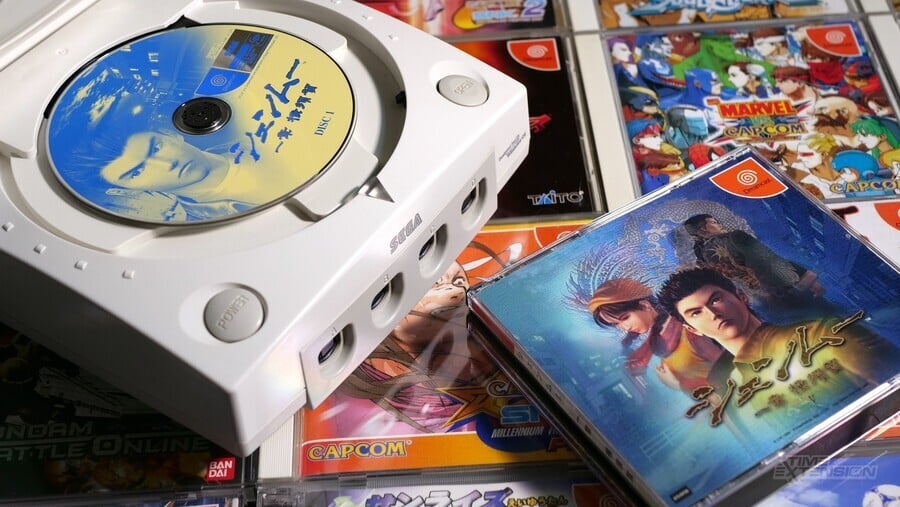
The Dreamcast should have been a glorious return to commercial success for its creator, but it ended up being the final nail in the coffin as far as Sega's home hardware aspirations were concerned.
While the console was a hit with hardcore gamers and arcade lovers, it didn't sell in the volume required to keep Sega's head above water, and its failure infamously triggered the company's painful transition to third-party software publishing.
There's a narrative that exists that points the finger of blame at Peter Moore, who was Sega of America president and COO at the time of the Dreamcast. He's recently spoken to The Sega Guys channel and is keen to stress that he wasn't the one who pulled the trigger:
"I went over [to Japan] in January of 2001 [and] presented our numbers. The writing was on the wall there, and Europe was kind of hanging on. [I] was told we're not going to be able to sustain producing hardware that's losing money because the attach rate isn't there. I think we were selling at 199 dollars and probably costing closer to 250-260. You need software attach rates, and it just wasn't there. So the guys in charge there said, 'you know we're going to shut it down, and we're going to move to third party, and you're going to tell the world.'
I often get blamed for killing the Dreamcast. I didn't do that. I did an interview where I said I had to make the call, meaning the telephone call, and people took that as [meaning] the decision.
It's one of the things I smile at when I still see stuff that goes on."
The interview in question was run by the British news outlet The Guardian in 2018, and here's the passage in question:
"So on January 31st, 2001, we said Sega is leaving hardware. We were selling 50,000 units a day, then 60,000, then 100,000, but it was just not going to be enough to get the critical mass to take on the launch of PS2. Somehow I got to make that call, not the Japanese. I had to fire a lot of people; it was not a pleasant day."
The 'call' Moore refers to took place on January 31st, 2001, when it was revealed to the world that Sega was getting out of the hardware business. "The following week, tail between legs, I'm calling Sony and Nintendo for Dev kits," Moore adds.
Moore joined Microsoft in 2003 to assist with launching the Xbox console before moving to Electronic Arts in 2007. He is currently employed as SVP and GM of Sports and Live Entertainment for Unity Technologies.
